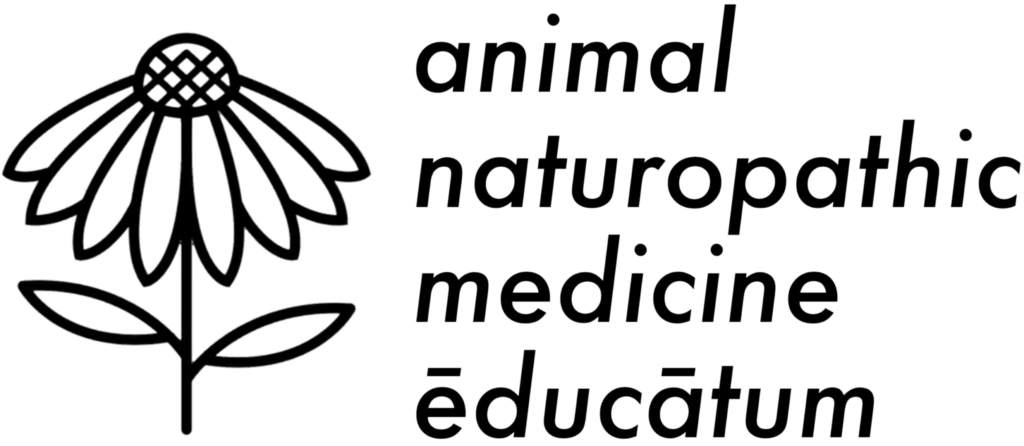Dog arthritis is, unfortunately, very common. I have a soft spot for senior dogs; as someone with a 15-year-old Dachshund, I understand how awful it can be to see your dog struggle to complete their normal daily routine.
Mobility issues often start with mild signs like no longer wanting to play the games they once loved or not wanting to hang out on the couch with you anymore. Most dog owners would say that these are understandable “age-related deterioration” from their once young, spritely pup. And in some cases, they are right. We should not expect an elderly dog to be as fit or active as they once were, but we also should not assume it’s acceptable for them to decline to a state of wobbling mess.
Understanding the Why?
Before any sort of treatment can begin, it is important (where possible) to figure out the “why?”. That is, why is my dog exhibiting this behaviour?
You may be asking too much of your senior dog; your dog may be exerting themselves too much, unaware of their reduced capabilities. Your dog may be carrying a little extra pudginess, placing strain on their joints. Whatever the reason, if you can figure out the “why?” it’s far easier to create an effective treatment plan.
A Myotherapist can help, and in more severe cases, a Veterinarian may be required to properly diagnose potential health conditions.
Arthritis Management
Probably the most common reason the owner of a senior dog may seek out a Myotherapist is to help manage their dog’s Arthritis.
These dogs often require help re-building lost muscle, changes to their exercise routine and relief from muscle tension. This comprehensive approach often leads to a reduction in pain and an increase in their overall mobility.
*A Quick Story
My dog, Stretch, began having mobility issues around 10-11 years old. It started with becoming cranky after a long day spent out and about, and then suddenly, he began waking up sore in the morning, refusing to get up and then walking rigidly when he finally decided he needed to toilet. The decline seemed sudden.
A trip to the Veterinarian confirmed he had developed Degenerative Joint Disease, a type of Arthritis that is thought to occur through frequent use of a joint. AKA the seemingly inevitable aging arthritis.
At the time, I thought that he was destined to be sore, cranky and stiff for the rest of his life. A thought I suspect most people would have had.
With exercise management, a fresh, healthy diet, and, of course, Myotherapy, I was quite happily mistaken.
Unlike other forms of arthritis treatment/management that rely heavily on medication, Myotherapy is a non-invasive, gentle modality that considers the dog’s physical and mental capabilities within the treatment plan. By targeting specific areas of tension and discomfort through remedial massage, stretching, and other manual therapies, myotherapy can help senior dogs like Stretch regain mobility, reduce stiffness, and enjoy a better quality of life.
After incorporating myotherapy into Stretch’s daily life, I noticed significant changes in his mobility and his happiness. For Stretch, he benefited the most from the physio-therapeutic exercise aspect by rebuilding his hind limb muscles. We often forget that it is muscles that move and support the skeleton, as the majority of his arthritis and rigidity were found to be in his hind legs. Increasing his strength helped to support his joints, making movement easier and less painful.
Be Proactive
I (unfortunately) waited until I saw signs of discomfort in my dog, but I acted quickly. I believe this was the key to him having such a quick and profound recovery.
While myotherapy can definitely be used as a preventative measure for mobility issues – in fact, I’d highly encourage it, using myotherapy at the first sign of a mobility issue can help our senior dogs continue to enjoy a fulfilling and active life well into their golden years. Plus, the added physiological benefits in itself make Myotherapy an excellent addition to any dog’s wellness plan.
If you have a senior dog experiencing mobility issues or discomfort, consider consulting with a qualified myotherapist to see how they can help support and improve your dog’s health and happiness.
I believe our senior dogs deserve to age gracefully and with dignity. 🩵





Add your first comment to this post